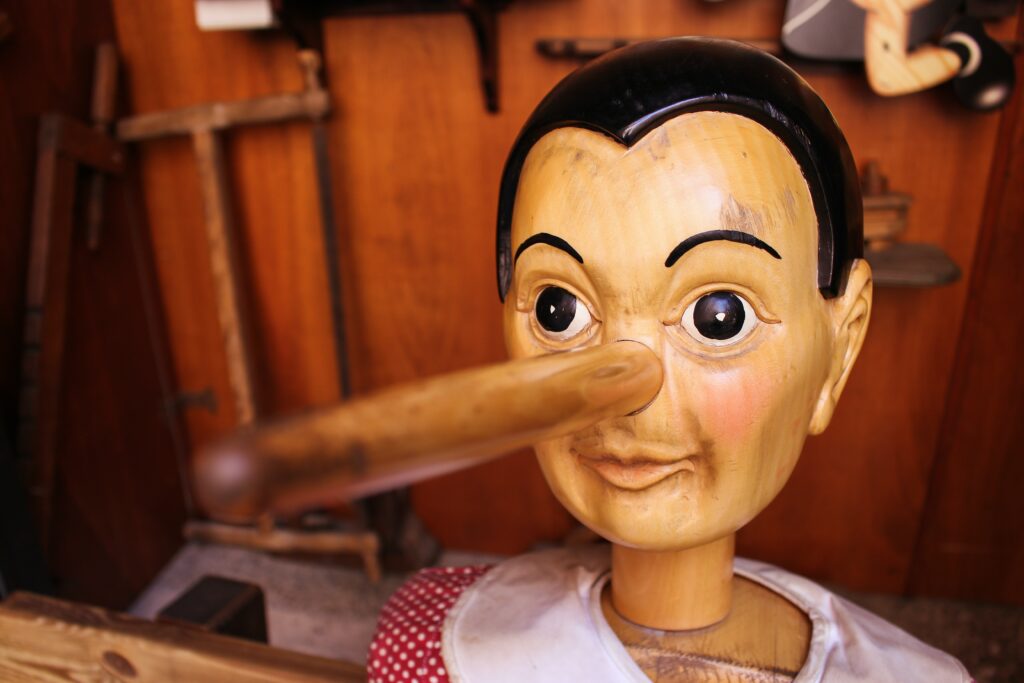New research: political truth-telling and lying
I’m embarking on new research about how politicians, journalists and researchers tell truths and lies and how knowledge travels around political worlds. I was once tempted to lie in research about MPs. Or was it a lie? In the run up to a UK general election, the Guardian phoned my publisher and said that a well-known academic had written a blog about how I found cheating in the previous election. If they ran with a story about it, would I do an interview? My first thought was, “what fabulous publicity for my book about MPs!” But then my second thought was, “can I trust this story?”

I read the blog and consulted my book. The blogger had quoted me correctly; I had written that a Conservative MP: ‘stole a seat from LDs by finding out the intentions and concerns of tens of thousands of voters and sending out a million pieces of literature.’ But the blogger implied that that I was alleging fraud. I meant ‘stole’ in a colloquial sense because a Liberal Democrat MPs told me that the party felt the seat had been stolen away from them metaphorically not literally. Perhaps the blogger wanted to believe I meant it literally?
The truth is, I had worded it clumsily. A story in the Guardian about possible electoral fraud just might lose some votes for the MP who was again running for that seat. If it really took off, with the MP’s opponents making false claims of fraud, maybe it might influence who won? (Unlikely but you never know). It was tempting. I could have explained to the journalist I did not mean it literally. But I didn’t – I refused to co-operate. If I’d gone along with it, there was a danger that the Guardian would run the story but cut my nuanced explanations out, implying my consent, and give space to an allegation that was untrue. My research credibility (and self-respect) would have dived. If I’d known and trusted the journalist I might have gone ahead. But since they dropped the story themselves, I think I made the right judgement. I stuck to the truth by refusing to co-operate with what could have easily become a deception in the hands of those desperate to help an MP win a seat.
So, lying and truth-telling are not necessarily simple events controlled by individuals, revealing morality or immorality, but often a complex process where knowledge is misunderstood or twisted and trust is in doubt. Do you have a story about people trying to tell the truth or promoting lies in a political context? It might involve researchers, activists, journalists or politicians, in any country and at any time. Those involved may have had a political goal in mind or may have been reacting against something they feared, disapproved of and wanted to conceal. You might have been part of it or merely a witness to truth/lie-telling. If you have a story, or can recommend someone who does, or you have a reference, link or thought, please share it with me (or let me know you’d like to tell me about it via Zoom) on tellingtruthsorlies@gmail.com
Background & ethics
This research is part of an international project funded by the European Research Council – Ethnography of Parliaments, Politicians and People – and our ethical framework covers 10 principles including confidentiality but also honesty and transparency. If you send me a story, I will share the original version with no one else, not even the other researchers. When using the material in publications, your identity will never be revealed without your permission. By sending me information, you are giving your consent to participate in this research.